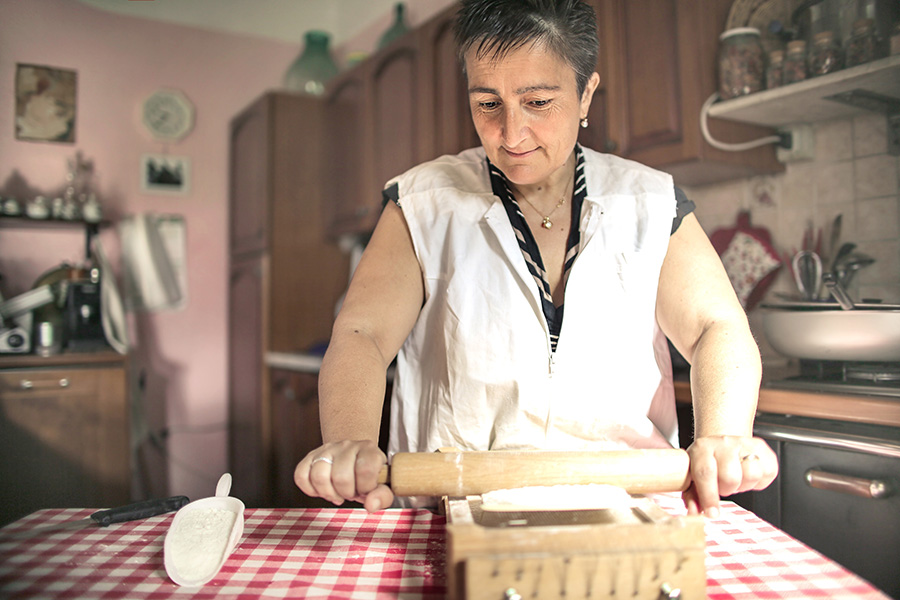On May 1, Mother's Day (the first Sunday of the month of flowers) coincides with May Day, International Workers' Day; a date in my opinion very propitious to remember the mothers who work exclusively at home, those traditionally known as housewives.
It is true that on March 8, Women's Day, some people remember them, but they are the fewest, since it is a day that, in its origin, primarily claimed the labor rights of women. There is also another date, October 9, when the Housewife's Day is celebrated (I don't know why), but for most people it goes absolutely unnoticed. And the fact is that going unnoticed is the housewife's specialty, since housework is always silent and hidden, although essential.
That's why today I want to bring them to light and break a lance for them: the housewives. I don't care if I am criticized by gender ideologists or the gurus of the woke movement: long live housewives!
Because I am not talking about those who had no other opportunity, I am not talking about those who were forced to stay at home in terms of inequality, I am talking about those who freely and voluntarily, aware of the importance of the family as a vital nucleus or perhaps without such deep discernment, but simply guided by practical sense, decided that the best thing for their children, for their husbands and for themselves was to take exclusive care of their own.
There are many highly qualified professionals today who are well positioned in the labor market, with husbands involved in household chores, who live in an egalitarian relationship, but who realize that the promises of happiness that a professional career offered them have not fulfilled their expectations and who, in a revolutionary movement, return to the home to do that work that is not priced in euros, because giving one's life for others cannot be paid for.
Being a housewife today is much more than just doing the washing machines, preparing the food or cleaning the house, that can be done by an employee, a husband, the children...; being a housewife is to be at the service in the broad sense of the term, it is a diakonia.
In his message for the World Day of Peace 2021, Pope Francis called for the promotion of a "culture of care to eradicate the culture of indifference, rejection and confrontation that often prevails today," and affirmed that "education for care begins in the family, the natural and fundamental nucleus of society, where we learn to live in relationship and mutual respect."
Housewives teach us the value of giving one's whole life to care. They reflect the Good Shepherd who defies logic and what everyone else does to care for those in need; they reflect the Good Samaritan, who loses his time, his status and his money to care for those whom no one wants to care for. Because today no one wants to take care of babies (the birth rate is at historic lows), because today no one wants to take care of children and adolescents (educational centers extend their schedules to act as caregivers), because today no one wants to take care of the elderly (euthanasia is making its way as an escape valve from the pressure cooker of the increasingly inverted population pyramid), because the words serve and give for free produce hives.
It is easy to read this article as a battle of the sexes (why women and not men?) or in economic terms (it is impossible with only one salary). Once again, we would miss the opportunity to make them the protagonists. And today I want to focus on you, housewife, who are not a hair's breadth foolish and do not allow yourself to be dominated by anyone, but who have discovered the pearl of which Jesus speaks when he says: "Who is more, he who is at table or he who serves? Is it not he who is at table? For I am in your midst as one who serves" (Lk 22:27).
Journalist. Graduate in Communication Sciences and Bachelor in Religious Sciences. He works in the Diocesan Delegation of Media in Malaga. His numerous "threads" on Twitter about faith and daily life have a great popularity.







